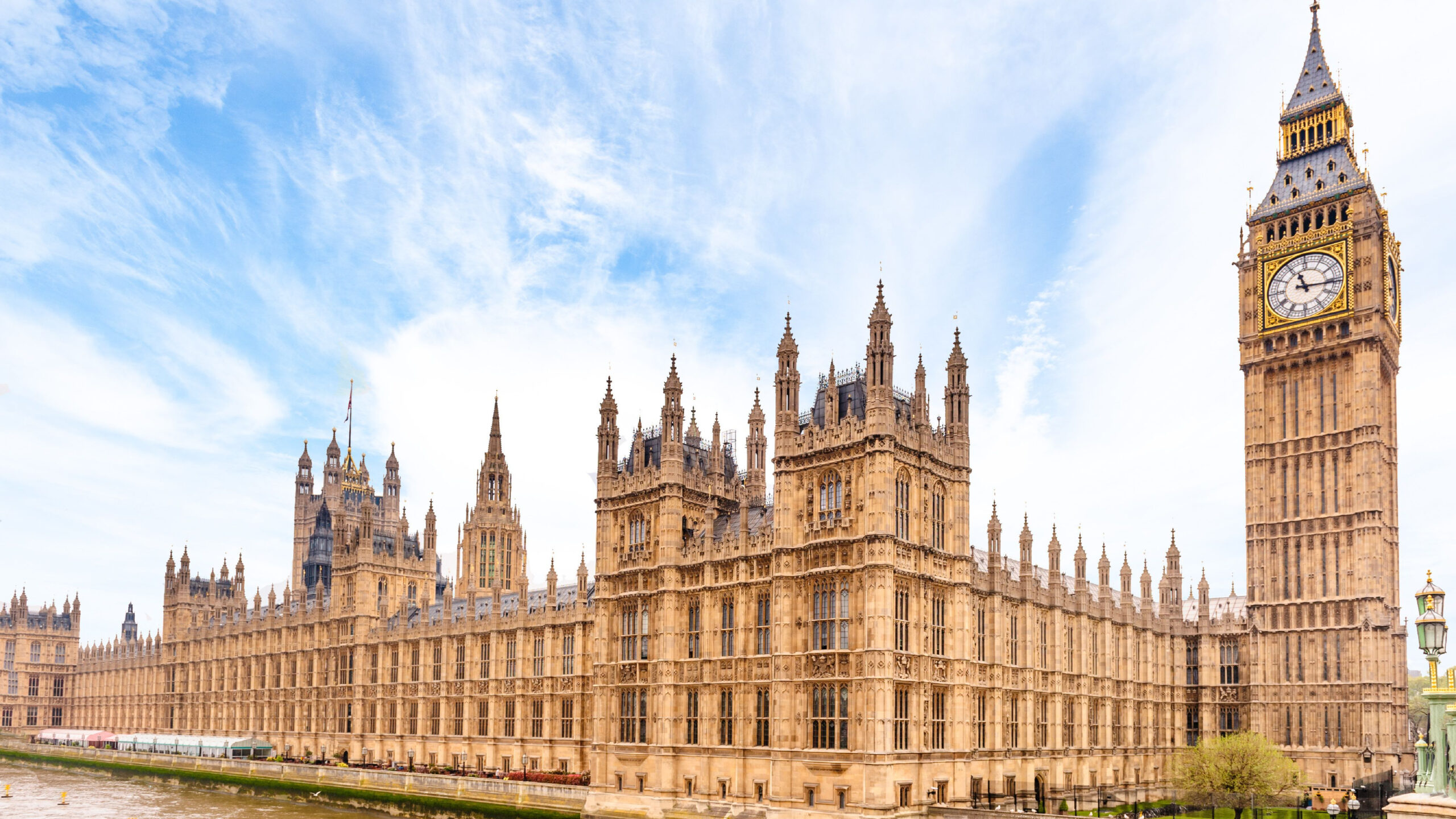The good, the bad (and the sometimes ugly) amendments to the Digital Markets Act: Part 2

This week is a crucial milestone for the European Union’s plans to regulate the digital economy, as key lawmakers in the European Parliament are readying to shape the fate of the platform services of Google, Apple, Facebook, Amazon, and Microsoft.
Members of the Parliament’s Internal Market and Consumer Protection Committee (IMCO) today discussed the changes they want to the European Commission’s proposed Digital Markets Act (DMA) aimed at ensuring “fairness and contestability” in Europe’s digital economy.
The Committee, which holds the pen on the Commission’s proposal, is debating 1199 amendments. The Committee on Economic and Monetary Affairs (ECON) and Committee on Industry, Research and Energy (ITRE) draft opinions had some interesting amendments, discussed in part 1 of this series. Now it’s time to look at “the good, the bad, and the ugly” from the IMCO draft report.
The Good
There are certain amendments that nudge the DMA in the right direction, making it better at solving the issues lawmakers want to address, more flexible to take into account the varying business models of companies designated as gatekeepers, and more future-proof. According to Amendment 861,
“The gatekeeper shall be granted the opportunity to engage in a regulatory dialogue, whereby the Commission can further specify relevant measures that the gatekeeper concerned shall adopt in order to effectively comply with those obligations.”
The only way to get a DMA that is fit for the digital age in practice, is to have a DMA enforcer that is fit for the digital age, and that means addressing one of the concerns raised by the Commission’s own experts on digital competition policy. Digital markets are complex and fast moving, and it’s difficult for regulators to keep up with the times. This leads to information asymmetries, a less dynamic regulator, and a climate of suspicion and mistrust. An ex-ante enforcement framework should be about engineers and government experts discussing how best to balance conflicting objectives and finding the right trade-offs between the many effects of different digital product designs. Regulatory dialogue is the best way to achieve that, and encouraging it would help ensure enforcement has the intended effects.
The Bad
Not all amendments are good however, and some could have counterproductive or unpredictable effects when implemented. In contrast to the amendments that seek to minimise the unintended consequences of the DMA, Amendments 889, 901 and 910 would strike out the Articles that allow for some much needed adjustment mechanisms and safeguards. This would risk making the DMA disproportionate and ripe for legal challenge, particularly since it contains far-reaching and ambiguous obligations in Articles 5 and 6 that will apply to a diversity of core platform services, with a one-size-fits-all approach.
The Ugly
The IMCO amendments offer a range of proposals that could short-circuit attempts to comply in good faith, carrying the very real risk of harm to the quality of core platform services in Europe, and the many consumers and business users who enjoy them. Unrealistic timelines in the DMA are a real concern, and have been suggested in the ECON and ITRE draft opinions as well. Under IMCO amendments, the deadline for companies to assess whether they meet the thresholds for ‘gatekeeper’ status would be cut from the original three months to 2 months (Amendment 526), 1 month (Amendment 523, 525), 45 days (Amendment 527), or even 10 days (Amendment 528). The deadline for complying with gatekeeper obligations would also be shortened from six months to 4 months (Amendment 579), 3 months (Amendment 580), 2 months (Amendments 573, 578, 581, 582).
The reality is that complying with the DMA will involve a level of technical complexity that has not even been estimated. Some obligations require designated gatekeepers turn internal company tools and technical infrastructure into services for rivals. Without a reasonable timeframe to comply, this could either result in creating lots of new cybersecurity vulnerabilities, or shutting the service off completely. Neither of those would be good for the consumers and European business users who enjoy core platform services.
That’s why amendments that would increase the fines for breaches of the DMA obligations are also risky. Currently the fines proposed are up to 10% of a company’s worldwide turnover, the same as antitrust cases, but without any proof of harm, or relation to a company’s European activities. That makes them somewhat arbitrary, and a big risk particularly for the more ambiguous obligations (and in the absence of regulatory dialogue). The amendments suggest increasing the fines to up to 30 percent (Amendments 1099, 1007). This will encourage a very conservative and risk-averse approach to implementation, and carries the potential for overcompliance and the degradation of core platform services that many European consumers and business users enjoy.








